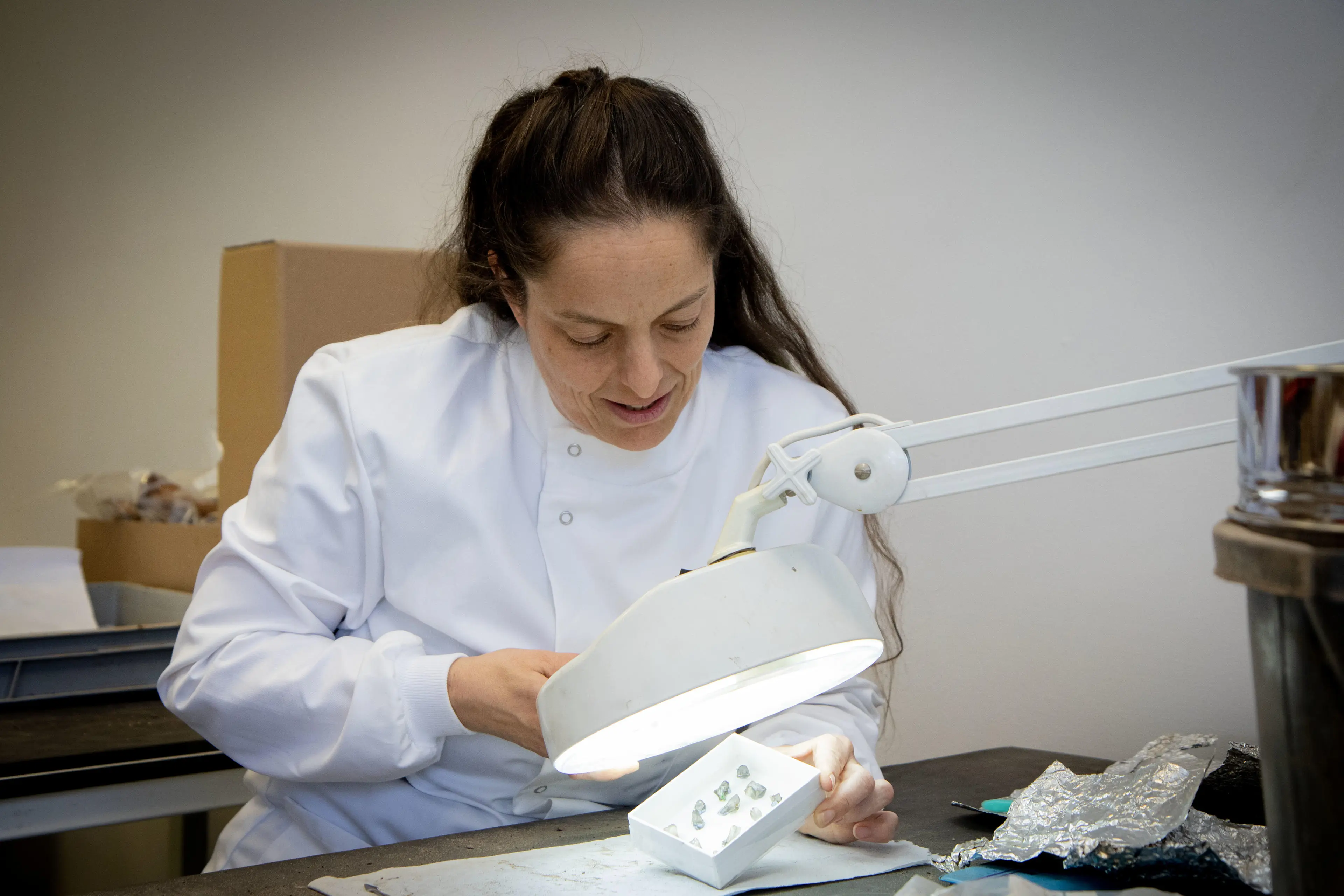A University of Lancashire archaeology research project which explores if the transition to a more sedentary lifestyle reliant on agriculture and herding is responsible for changes in the diseases humans experience, has been awarded a grant of £1 million from Wellcome.
Dr Brenna Hassett is a Lecturer in Forensic Osteology and Archaeology at the University of Lancashire’s School of Law and Policing. Her research focuses on childhood, health, and growth in the past.
Her research, which will be funded by Wellcome, is called Tracing Diseases of Contact at the End of Human Mobility.
Dr Hassett will look at health and disease from the Epipalaeolithic to the Neolithic period in Central Anatolia, moving from more mobile lifestyles, hunting, and gathering, to more settled communities centred around farming and animal management.
“My work takes up the theoretical challenge first posed fifty years ago that reliance on agriculture is responsible for a Neolithic increase in disease,” explains Dr Hassett.
Few careers let you hold pieces of the past in your hands while making it matter today– Dr Brenna Hassett, Lecturer in Forensic Osteology and Archaeology at the University of Lancashire
“Studying human remains, especially teeth, that we’ve found at digs in the area, my research will try to spot variations in the experience of childhood health by looking at markers of disease and growth disruptions in enamel linked to non-sedentary, semi-sedentary, and sedentary groups in Central Anatolia.
“It will have important lessons to understanding how people get sick. Did settling in one place ruin our health and did living closer to livestock and switching from wild foods to a reliance on domesticated crops also play a part?”
Dr Hassett is working with Koç University in Istanbul and projects run by archaeologists from Mimar Sinan Fine Art University and the University of Liverpool’s Department of Archaeology, Classics and Egyptology.
“Funding from Wellcome will support several years of field work at three different sites - Pınarbaşı, Aşıklı Höyük and Balikli in Türkiye.
My work takes up the theoretical challenge first posed fifty years ago that reliance on agriculture is responsible for a Neolithic increase in disease– Dr Brenna Hassett, Lecturer in Forensic Osteology and Archaeology at the University of Lancashire
“The funding will also pay for stable isotope analysis which allows us to learn what people from that time ate as well as where and when they ate it.
“I hope high profile research projects like this inspires the next generation to consider a career in archaeology and forensics. Archaeology at the University of Lancashire is in the top ten of UK universities for our course and has increased research output by 90% since the first Research Excellence Framework.
“Archaeology is not just about uncovering the past. It’s about piecing together the human story. Few careers let you hold pieces of the past in your hands while making it matter today.”
About Wellcome
Wellcome supports science to solve the urgent health challenges facing everyone. They support discovery research into life, health and wellbeing, and they’re taking on three worldwide health challenges: mental health, infectious disease and climate and health.
